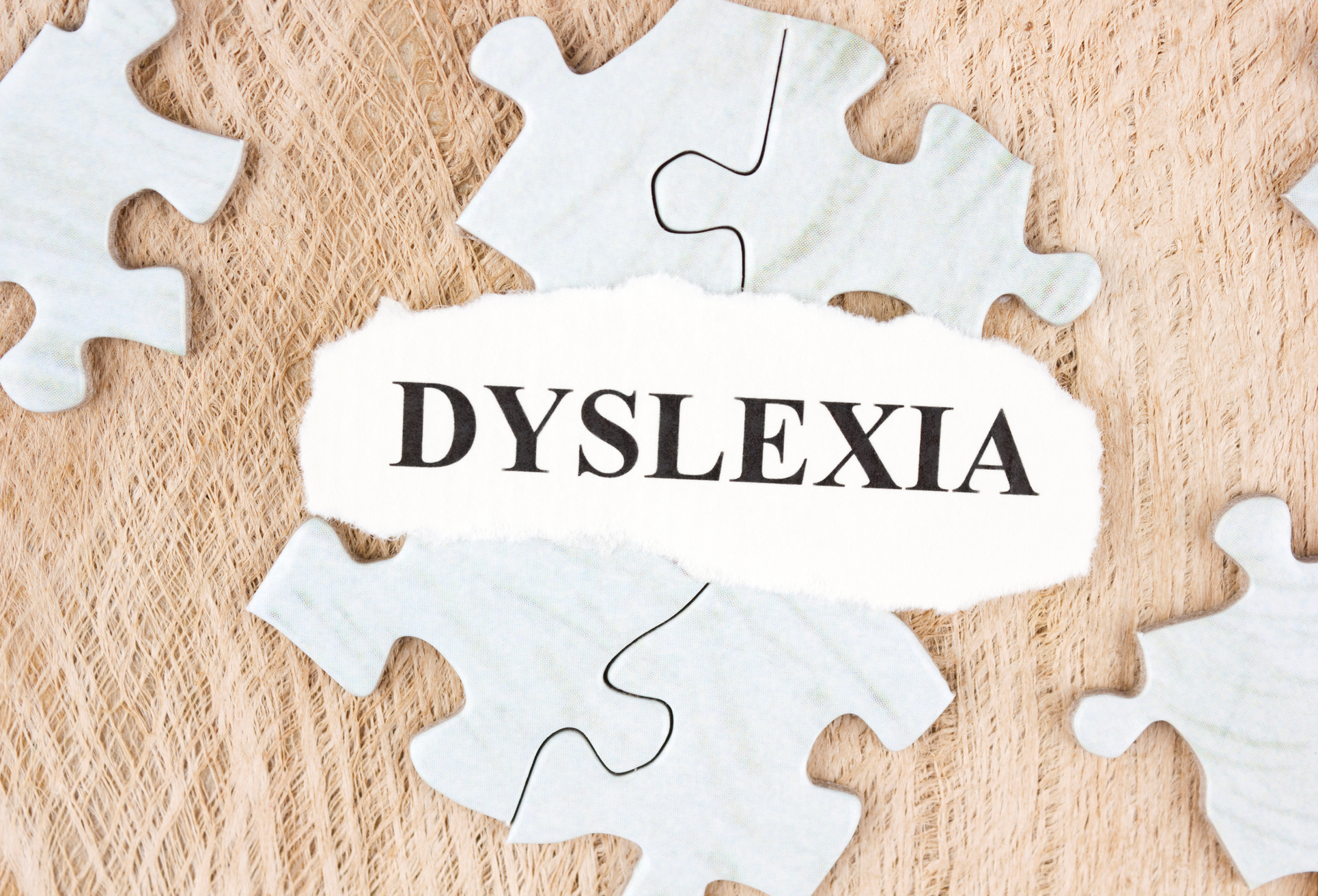Specific Learning Disorder
Below is a list of symptoms, challenges, or behaviours commonly associated with this condition.
Recognising these signs? Psychological Assessments Pty Ltd is here to help with understanding and managing these challenges.

Spelling
Are there issues with spelling words correctly?
Math Basics
Are simple math concepts tough to grasp?
Speech
Do you or your loved one have trouble with speaking clearly?
Word Recognition
Is recognizing words when reading challenging?
Reading
Is reading slow or often filled with mistakes?
School Challenges
Did learning difficulties become noticeable during school years?
Handwriting
Is writing by hand difficult or messy?
Reading Comprehension
Is it hard to understand the meaning behind what’s read?
Movement
Is moving smoothly or coordinating actions a struggle?
Grammar
Are grammar and punctuation points often missed?
Poor Grades
Do you or your loved one struggle to pass at school despite trying hard and getting help from teachers?
What is Specific Learning Disorder?
SLD (Specific Learning Disability) affects how a person processes information, making it hard to learn in certain areas.
Each person with SLD is different, and their challenges can vary.
COMMON TYPES OF SLD

DYSLEXIA
- Challenges with reading and spelling.
- Reading can be hard, including understanding what’s read, spelling, and writing.
DYSCALCULIA
- Difficulty understanding and doing math.
- Math concepts and calculations can be a struggle.
DYSGRAPHIA
- Struggles with writing and translating thoughts onto paper.
- Writing may be difficult, affecting spelling, grammar, and neatness.
DYSPRAXIA
- Trouble with movement, coordination, and speech.
- This can cause problems with physical tasks and speech.
How Can We Help?

We provide assessments to help those with Specific Learning Disorder (SLD). Our evaluations identify each person’s learning strengths and challenges. With these insights, we create personalised plans to meet their specific needs. These assessments also give valuable information to individuals, families, and teachers to help overcome educational and personal hurdles. Our goal is to promote academic achievement, build confidence, and improve well-being.
